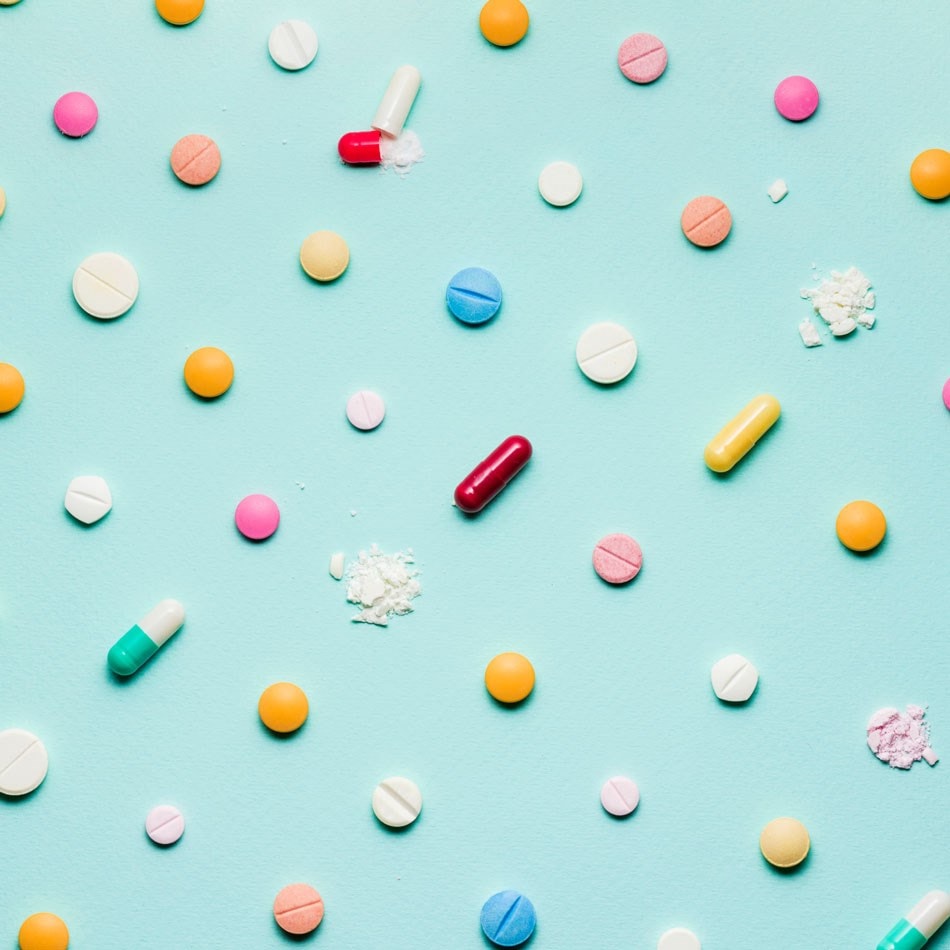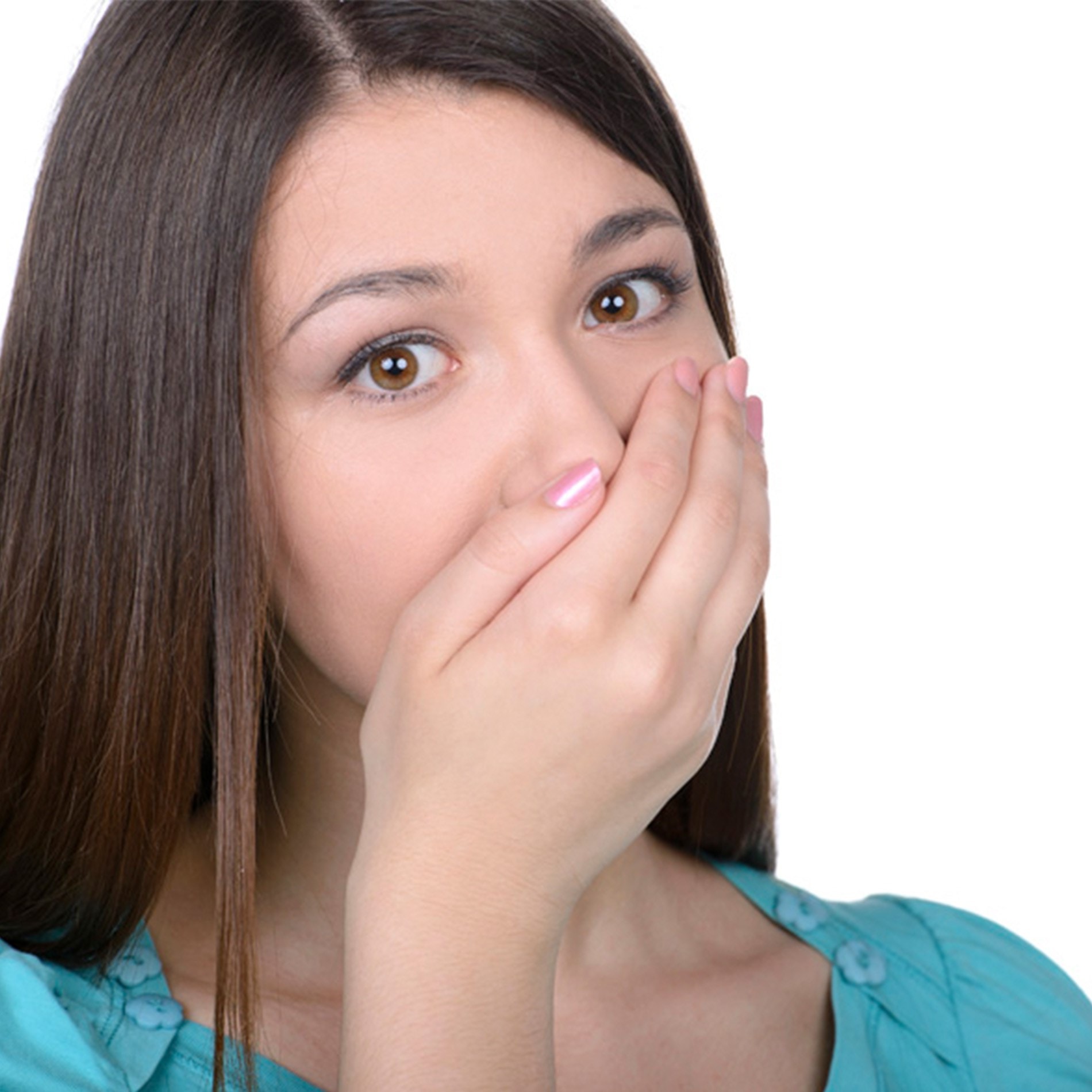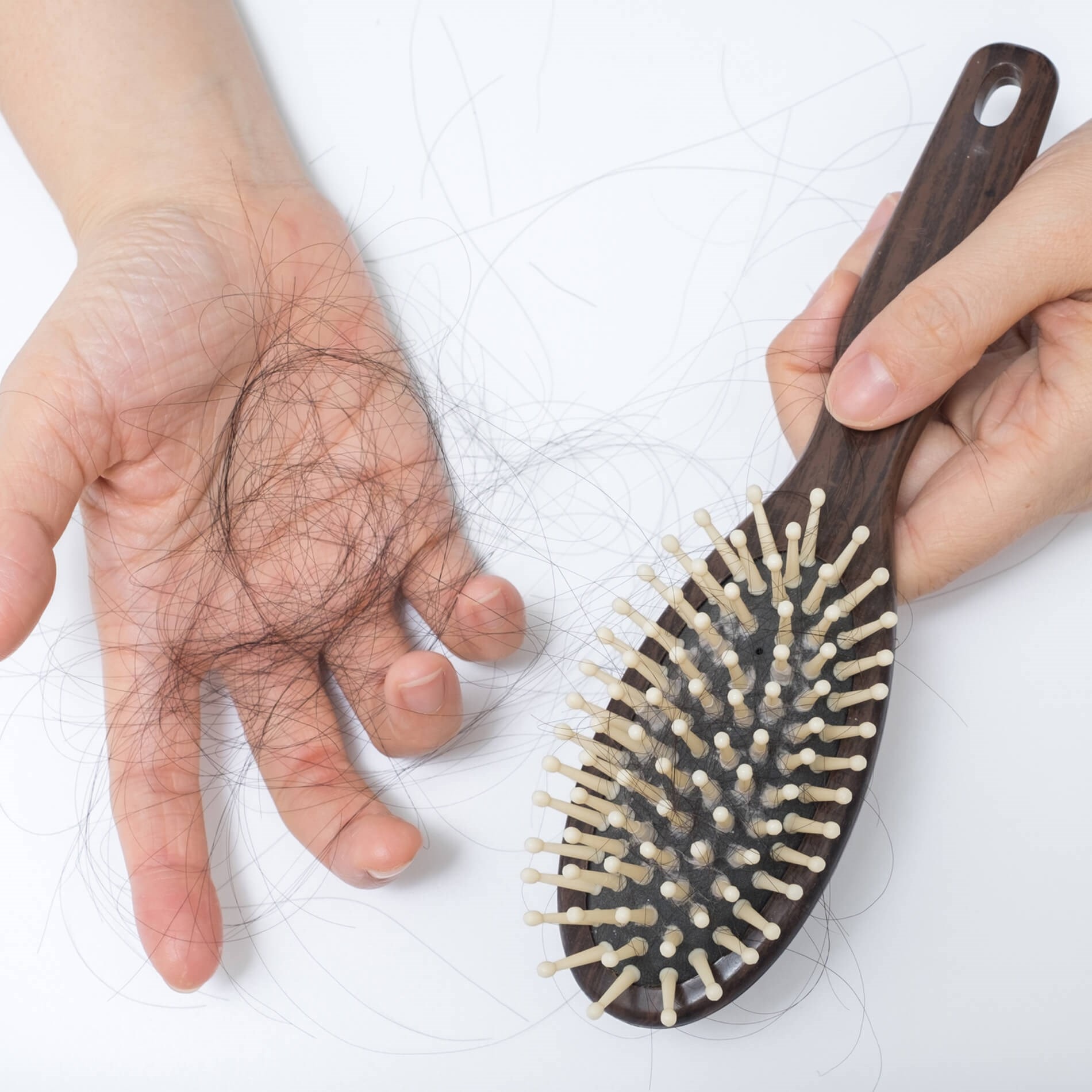Could probiotics help with oral thrush?
When it comes to their vaginal health most women are only too aware of the rather irritating symptoms of thrush but few people realise the same yeast (Candida albicans) that causes vaginal thrush, can also flourish in the warm, moist environment of the mouth, causing oral thrush. Given that this pesky yeast is readily able to colonise the mouth in the same way it colonises the vagina, it is worth asking whether the management of these two conditions should be the same. I have been looking at available scientific research into the use of probiotics (see Learning Lab) as a component of an oral thrush clearing protocol and have summarised the symptoms & findings below.
Within this article:
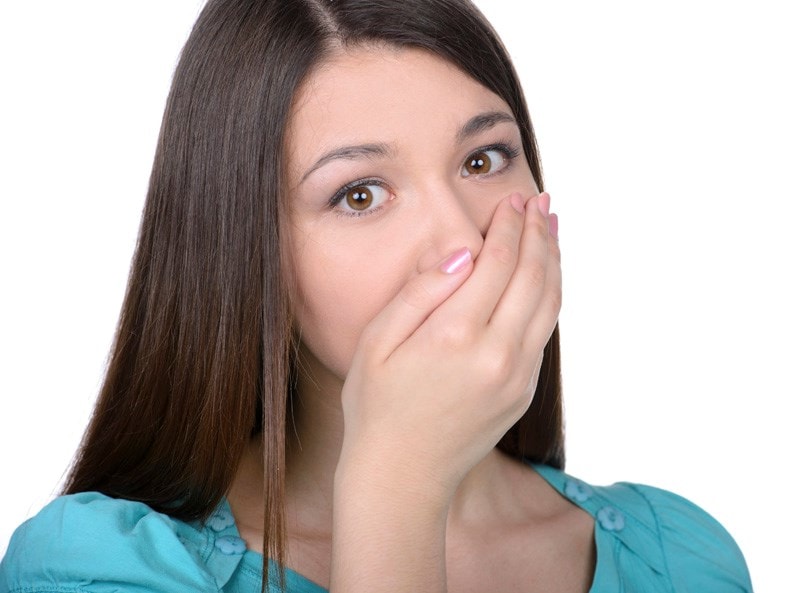
The symptoms
The symptoms of oral thrush are easy to recognise as the yeast gives rise to a thick white coating on the tongue, and/or white spots on the inside of the cheeks. Sufferers may also see areas of inflammation in the mouth, have red cracks at the corners of the lips or notice an unpleasant taste in the mouth, or odour to the breath.
Symptoms often arise after a course of antibiotics, as antibiotics deplete our levels of beneficial flora, and enable pathogens to over-grow. Infants are even more likely to develop oral thrush as a consequence of taking antibiotics, as they are often given their antibiotics in a liquid or syrup form, which coats the mouth and tongue as they swallow it. This affects the oral flora far more than taking a capsule or tablet would (you may like to read more on the topic of antibiotics and their effect on our friendly bacteria on our sister site - Learning Lab). Other medications such as steroids and especially steroid inhalers used to treat asthma can also cause an overgrowth of Candida in the mouth, as can the use of anti-bacterial mouthwashes that deplete the levels of good bacteria in the mouth as well as bad.
Additionally, other lifestyle factors such as poor diet (especially those high in sugars and refined carbohydrates), stress, ageing, inadequate dental hygiene and the wearing of dentures can also contribute to the development of oral thrush.
Can probiotics help?
It makes sense that you would treat the oral overgrowth of Candida in the same way as you would any other Candida overgrowth. The standard natural Candida protocol used by many practitioners is based around eliminating sugars and other refined carbohydrates (as these are the favoured food sources for yeasts) and adding anti-fungal supplements such as oregano, garlic, grapefruit seed extract or caprylic acid. Probiotics are used as an important part of the treatment plan, as they take up the space on the gut wall, left by the elimination of the yeast, and prevent it from coming back.
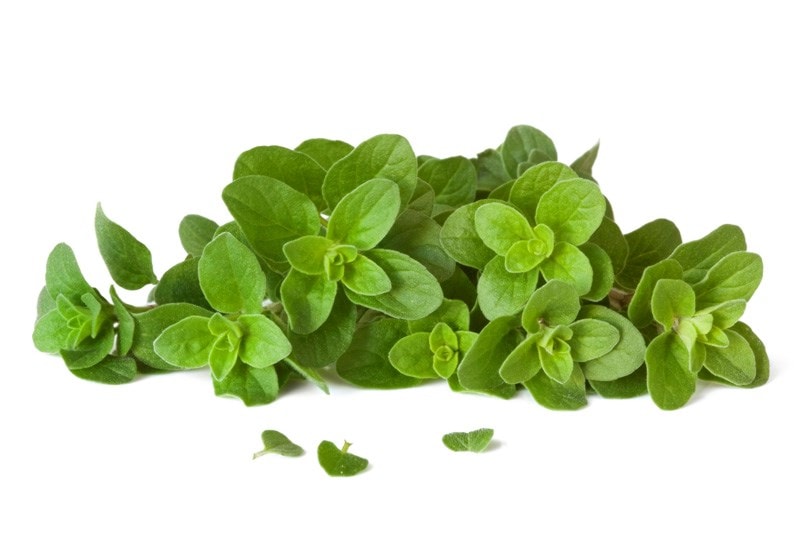
However, supposition and educated ‘guesses’ are one thing, but is there any scientific research out there that supports the use of probiotics for oral thrush? The good news is that there is!
A 2007 study1 published in the ‘Journal of Dental Research’ gave 276 elderly people either 50g of probiotic cheese, or 50g of a regular, or ‘control’ cheese every day for 16 weeks. Their saliva samples were analysed at the beginning and end of the trial, and total yeast cell counts were noted. The trial showed that those from the probiotic group had significantly lower yeast cell counts at the end of the study period. In fact, probiotic intervention reduced the risk of high yeast counts by 75%, and also reduced the risk of hyposalivation (low saliva levels) by 56%. The trial was summarised by saying that probiotic bacteria can be ‘effective in controlling oral candidiasis’.
Additionally a 2012, Brazilian study2, published in the ‘Brazilian Dental Journal’ showed that the consumption of a specific probiotic yoghurt drink three times a week over a period of 30 days, led to decreased prevalence of Candida in the test subjects saliva samples, coupled with a statistically significant increase in specific anti-candida antibodies in the mouth. Whilst this was a relatively small study, with just 42 participants, the findings were very promising, and the researchers summarised that ‘probiotic bacteria reduced Candida numbers in the oral cavity of the elderly and increased specific secretory immune responses against these yeasts, suggesting its possible use in controlling oral candidiasis.’
Summary
More scientific research still needs to be done to identify the best strains of probiotics for an oral Candida treatment protocol. However, preliminary studies do seem to support the general theory that live cultures could have a part to play in the management of this condition.
It makes sense that all other elements of a natural anti-Candida plan should also be adhered to, in order to get the best results, rather than simply adding friendly bacteria to target the oral flora. Elimination of sugars and refined carbs is especially important as sugar sticks to the teeth and encourages yeast overgrowth there, whilst also altering the pH of the mouth.
It would also seem sensible to take measures to cleanse the digestive tract of Candida albicans, since an overgrowth in the mouth would often indicate an overgrowth further down the digestive tract. Taking a daily live culture supplement, alongside a special strain of probiotic yeast, could offer essential support when looking to rebalance gut flora in this situation.
References
- J Dent Res: 2007 Feb;86(2):125-30. Probiotics reduce the prevalence of oral candida in the elderly--a randomized controlled trial. Hatakka K1, Ahola AJ, Yli-Knuuttila H, Richardson M, Poussa T, Meurman JH, Korpela R.
- Braz. Dent. J. vol.23 no.5 Ribeirão Preto Sept./Oct. 2012. Effects of probiotic bacteria on Candida presence and IgA anti-Candida in the oral cavity of elderly. Fabio Henrique Boarini Pacheco MendonçaI; Silvana Soléo Ferreira dos SantosI; Ivan da Silva de FariaI; Célia Regina Gonçalves e SilvaI; Antônio Olavo Cardoso JorgeII; Mariella Vieira Pereira LeãoI.
